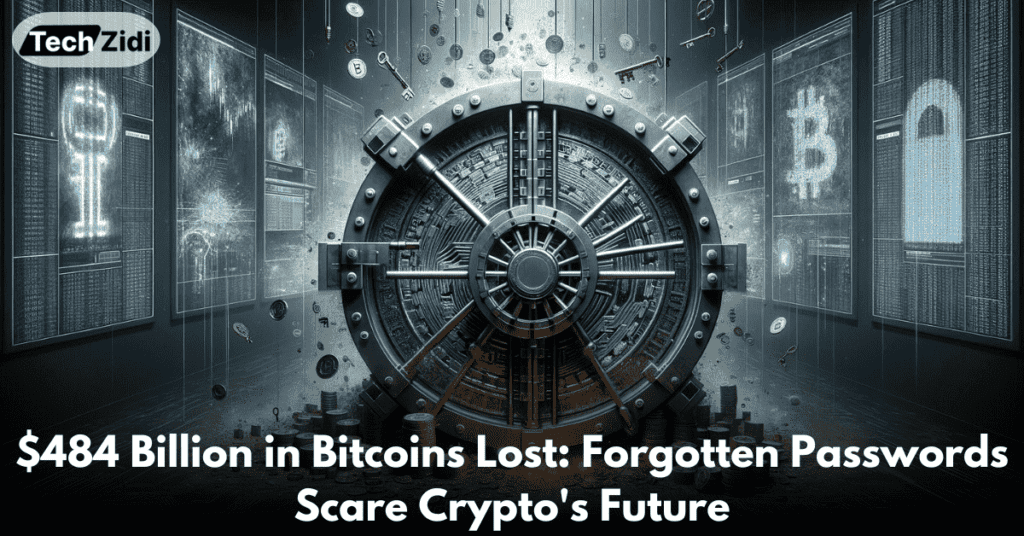The world of cryptocurrency is always changing, and one problem that is new and scary is lost coins. Currently, an incredible amount, about 7.8 million Bitcoins, cannot be accessed. This is worth more than $484 billion as of March 4, 2024. This huge loss brings up some very important questions: how do these Bitcoins get lost? Is it possible to ever get them back?
Exploring Lost Bitcoins: From Passwords to Technological Graveyards
In contrast to traditional money, Bitcoins are not kept in vaults or bank accounts. Instead, they are kept on a distributed ledger called the blockchain, and only people with digital wallets that are protected by private keys can access them. If you lose access to these wallets, you will lose your Bitcoins. The following are frequent causes of this loss:
- Forgotten Passwords: This is the most common reason, as complex passwords are easily forgotten or misplaced, especially with the increasing number of online accounts people manage.
- Lost Hardware Wallets:
- These physical devices, which resemble USB drives, hold private keys offline. However, they are at risk of misplacement, damage, or even theft, making the Bitcoins inaccessible.
- Hard Drive Failures: If private keys are kept on a hard drive that fails or crashes, the Bitcoins that are linked to those keys are likely lost forever. This shows how dangerous it is to rely on just one storage location.
- Death of the Owner: If there are not any proper estate plans or named beneficiaries for digital assets, Bitcoins stored on personal devices may not be accessible after the owner dies.
It is very hard to get back lost Bitcoins because cryptocurrency is decentralized, which is a core principle that is often praised as a benefit. In traditional banking, there are established ways to get your money back. When these Bitcoins are lost, they are taken out of circulation, which could have an effect on the currency’s overall supply and value. Once lost, these Bitcoins are essentially removed from circulation, potentially impacting the overall supply and value of the currency.
Future Navigation: Loss Mitigation and Security Strategies
Most of the time, it might not be possible to get back all of your lost Bitcoins, but there are things that can be done to lower the chance that this will happen:
-
- Employing Strong and Unique Passwords:
- It is very important to use a safe way to keep track of passwords, like password managers that have strong encryption, so you do not forget your important access information.
- Backing Up Private Keys: Creating copies of private keys and keeping them in a number of safe places, both online and offline, can help with future attempts to recover them if the main access point is hacked. For online backups, you can use cloud storage services with strong encryption. For offline backups, you can use hardware wallets or even write copies and store them in a safe place.
- Considering Inheritance Plans: In estate planning documents, it is important to spell out exactly how to access digital assets so that they are not lost forever after people die. For example, this could mean naming beneficiaries or outlining how to get to private keys after the owner dies.
Crypto Seeks Solutions for Lost Coins
Despite the inherent difficulties associated with lost Bitcoins, the world of cryptocurrency continues to evolve, seeking solutions to these issues. Technological advancements provide potential hope:
- Multi-signature wallets: These wallets require multiple private keys held by various people or organizations in order to authorize transactions. This adds an extra layer of security and may lower the risk of single points of failure.
- Distributed ledger technology (DLT) improvements: DLT is the technology that makes blockchain networks work. As it gets better, it might be possible to add ways to deal with lost coins in the future. But these kinds of solutions would need to be carefully thought out and put into action to make sure they follow the basic rules of security and decentralization.



